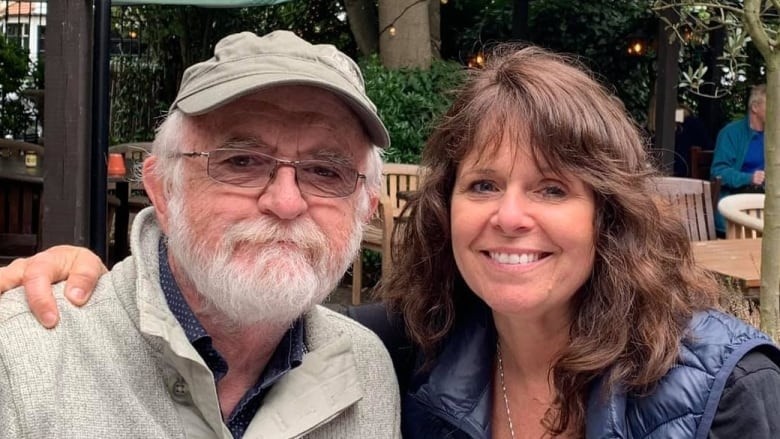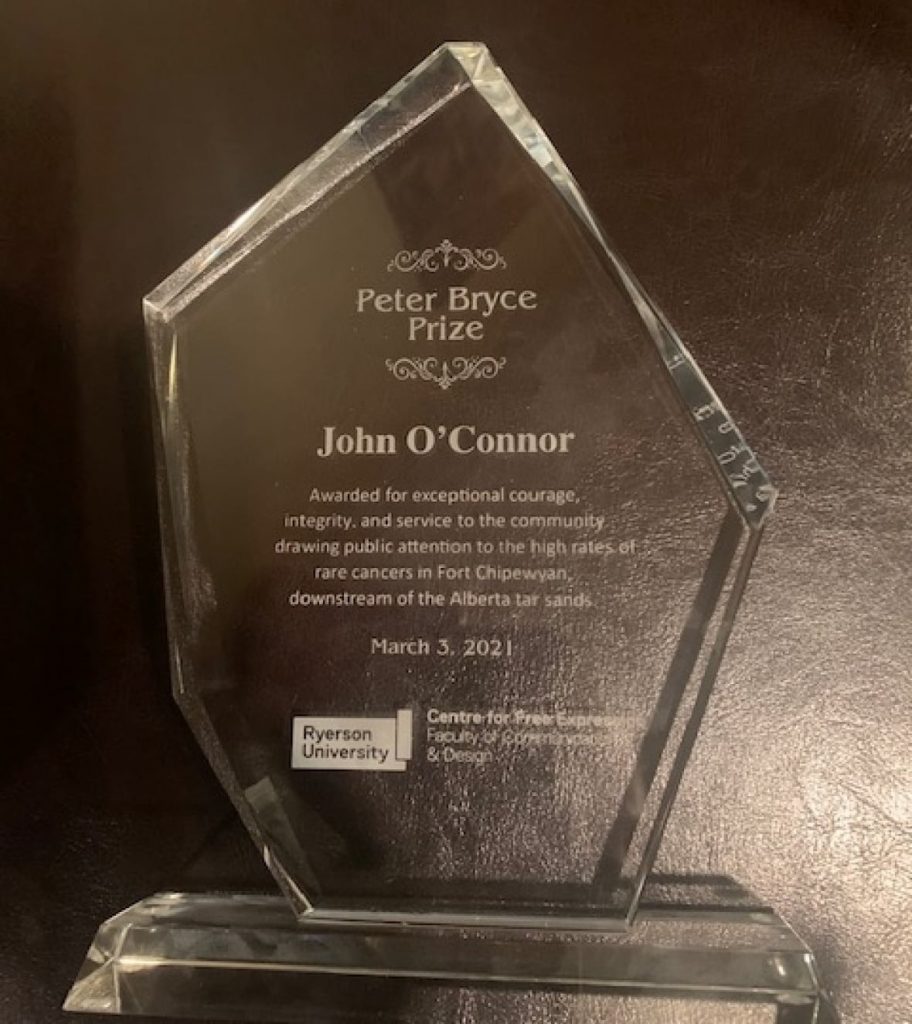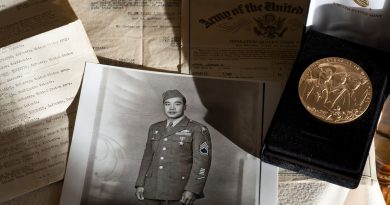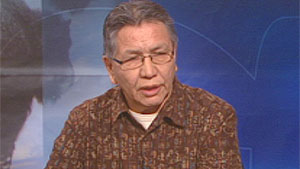Doctor who raised concerns about cancer rates downstream from oilsands wins whistleblower award

A doctor who raised the alarm about heightened rates of cancer in a northern Alberta hamlet has been awarded the first-ever Peter Bryce Prize for Whistleblowing.
The prize is awarded by Ryerson University’s Centre for Free Expression.
In 2006, Dr. John O’Connor started raising concerns about disproportionately high rates of cancer in Fort Chipewyan, Alta., believing that nearby oilsands sites may have played a role.
“I’m simply doing my job,” said O’Connor. “But I really appreciate the recognition.”
He said he was “stunned” to find out he was receiving the award, though he doesn’t see himself as a whistleblower, rather an advocate.
O’Connor, who worked as a physician in Fort Chipewyan, said people in the community would tell him they were concerned about how sick people were getting. O’Connor said he started to notice that a disproportionate number of people were getting both rare and common cancers.
Elder Alice Rigney said people would talk about the health issues at a community level, but O’Connor “spoke out for us.”
“He just about lost everything, but he never quit,” said Rigney.
She said she was thrilled to hear O’Connor was receiving an award for his advocacy.
“It’s about time,” said Rigney. “Way overdue.”
Athabasca Chipewyan First Nation Chief Allan Adam said it took a courageous man to help sound the alarm for Fort Chipewyan.
“I’m grateful for him,” said Adam. “No matter where he goes and no matter what heights he climbs, we as the community of Fort Chip will always push him to greater heights and we will be there for him to stand on, because he deserves everything he’s got coming to him.”
O’Connor faced backlash after he spoke out in 2006, a decision he said “changed my life forever.”
In 2009, the College of Physicians and Surgeons of Alberta concluded an investigation about O’Connor after three physicians with Health Canada laid four complaints against him. That same year, the Alberta Cancer Board released a study, which found that cancer rates were indeed higher than expected in Fort Chipewyan, by about 30 per cent.
Subsequent studies have challenged those findings.
O’Connor hasn’t been a doctor in Fort Chipewyan for years, but he continues to advocate for the community. He says he is still fighting to get a comprehensive, independent study downstream of the oilsands.
“Every day that passes and there’s no action taken is more and more an indictment on the federal and provincial governments for their lack of action,” he said.
O’Connor said he’s hoping the attention from the award will get people to pay attention to the issue.

James Turk, director of the Centre for Free Expression at Ryerson University, said O’Connor was chosen because he raised an important issue and took a “courageous” stand at “considerable personal expense and attack.”
“It was an unpopular thing to be saying, people wanted to ignore these things at the expense of the Indigenous populations. So we thought we thought what he had done was very important and should be recognized,” said Turk.
Turk said the award is also to help protect whistleblowers, who he said have very little protection in Canada.
Related stories from around the North:
Canada: On the frontlines of health care : A Nunavik, Canada nurse remembers relocation, racism and the rewards of healing, CBC News
Finland: Psychologists in Finland sign climate petition, citing concerns for youth mental health, Yle News
Greenland: Greenland, Denmark ministers receive 16 recommendations for improving child welfare in Arctic, Eye on the Arctic
Sweden: 2018 drought took toll on Swedish farmers’ mental and fiscal health, research says, Radio Sweden
United States: COVID-19 pandemic raises hard questions about health disparities, says Int’l Inuit org, Eye on the Arctic



